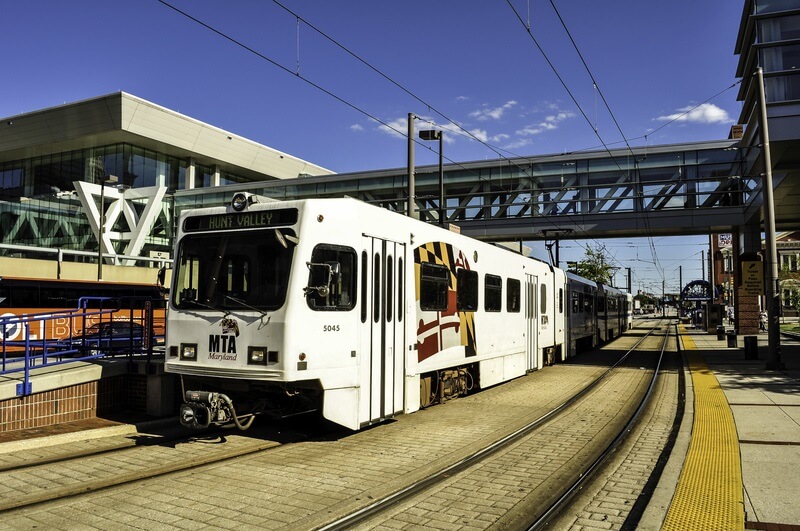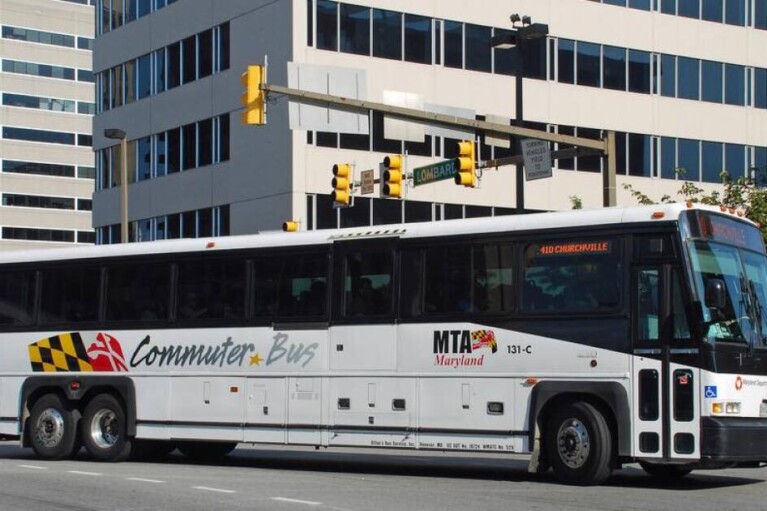Kalman Hettleman: Three School Lessons for Legislators

As state legislators convene on Wednesday, there will be even more frenzy than usual. The pandemic will cast its viral spell over every deliberation, and it’s an election year to boot.
How then will schools and schoolchildren fare? What legislative action should be sought? For sure, the education landscape is far different than it was three years ago.
Over the past three sessions, the General Assembly has passed the landmark Blueprint for Maryland’s Future, arguably the boldest school reform plan in the nation. Lawmakers have done their homework with sustained commitment and thoroughness.
Still, there’s vital, urgent work to be done.
That’s not to say that I have a grand legislative package. Nor, I think, does anyone else.
As best I know, legislative leaders and key players like teacher unions and local school boards are still wrestling with their wish lists.
Multitudes of issues are in flux; the coronavirus is almost certain to call for week-to-week course corrections. There is, however, one near certainty: parents will be fretting, if not fuming, over what’s happening in their local schools.
Against this backdrop, I offer three core lessons the General Assembly might consider in the arena of public education: oversight, oversight, and oversight.
To be sure, it will be a tough subject. For starters, the first duty of lawmakers is to make laws.
There are swarms of constituents and interest groups clamoring for new legislation on public education and everything else. Last year, 2,347 bills in all were introduced.
Yet, the legislative session is relatively short. So, is it fair to ask busy legislators to step up the time-consuming and demanding oversight role?
At least on public education, I think the answer is clearly yes.
A major reason, to the credit of the General Assembly, is the passage of the Blueprint and other important school legislation including the 2019 “Ready to Read Act.” The legislators’ main job now is to review and monitor to ensure that laws already on the books work as intended.
But is intense oversight feasible? The answer again is yes, if legislators receive what could be called the tools of the oversight trade.
Adequate staff support is the first one. Current legislative staff, primarily from the Department of Legislative Services, are extremely hardworking and knowledgeable. Still, DLS lacks the resources to do deep information gathering and analysis, particularly when trying to penetrate notoriously non-transparent education bureaucracies.
HB 1113 enacted in 2019 recognized the problem. It created a separate Office of Program Evaluation and Government Accountability under the Joint Audit and Evaluation Committee, staffed by DLS. Its scope included performance evaluations of local school systems. The intent is to move beyond traditional legislative audits to in-depth examinations of whether resources are being used efficiently and effectively to achieve desired outcomes. Yet, pandemic or not, there is no reason to anticipate that DLS now has the staff capacity to cover this vast new legislative territory.
A second tool required for meaningful oversight is time. Enough of it can’t be found during regular sessions, but the work could be year-round, as various legislative activities are.
This can best be achieved by another essential tool: a lean and sharp organizational focus. At present, there are two major committees in each body responsible for public education, one for policy, the other for budget appropriations, and each has an education subcommittee. There are reasons to engage as many legislators as possible. But too many legislative cooks in the kitchen tend to water down the soup. Issues overlap and/or fall through the cracks.
Ironically, while legislators strive to hold schools accountable, it’s not always easy to hold legislators accountable for who is responsible for what, especially oversight.
The time is ripe to consider the creation of a special joint committee of the Senate and House to oversee public education. The joint model is hardly new, and “special” understates the peril schools face. Public education – as a result of the pandemic on top of its pre-existing failures – is confronting what is increasingly being called an existential crisis.
Maryland is well positioned to take on the challenge, but oversight will be essential. The Blueprint Accountability and Implementation Board (AIB) can play a vital role, but will itself require close legislative scrutiny.
(The AIB could become another layer of bureaucracy unless its intricate and delicate relationship with the state department of education evolves wisely.)
Such a special joint committee on school reform could sunset after the next four or five years, during which the effects of the pandemic are hopefully mitigated, and the Blueprint gains solid footing.
The first immediate order of business might be to ask and answer the $3 billion questions: How well has the federal COVID relief funding been spent so far, particularly for learning loss strategies like tutoring? The sudden deluge of dollars and hasty outlays are compounding the usual difficulty in getting good information out of the state and local school systems. Then, what’s the best way to spend the hundreds of millions of dollars of relief funds that are not yet allocated?
And last but hardly least, with a mouth-watering state budget surplus up for grabs, what share should be allocated to public schools? And for what specific programs? Numerous good causes and ardent advocates are already jockeying for position (in my Commentary here last month, I put in my own plug for shoring up the Blueprint foundation as the highest priority).
As legislators tackle these tests, here’s a final lesson — from Albert Einstein no less. He said: “It’s not that I’m so smart, it’s just that I stay with problems longer.”
Transforming public education will be long and hard, and oversight will require a rare degree of Annapolis stick-to-itiveness.
Given its past education achievements, the General Assembly seems well prepared to earn high marks on the tests.




 Creative Commons Attribution
Creative Commons Attribution